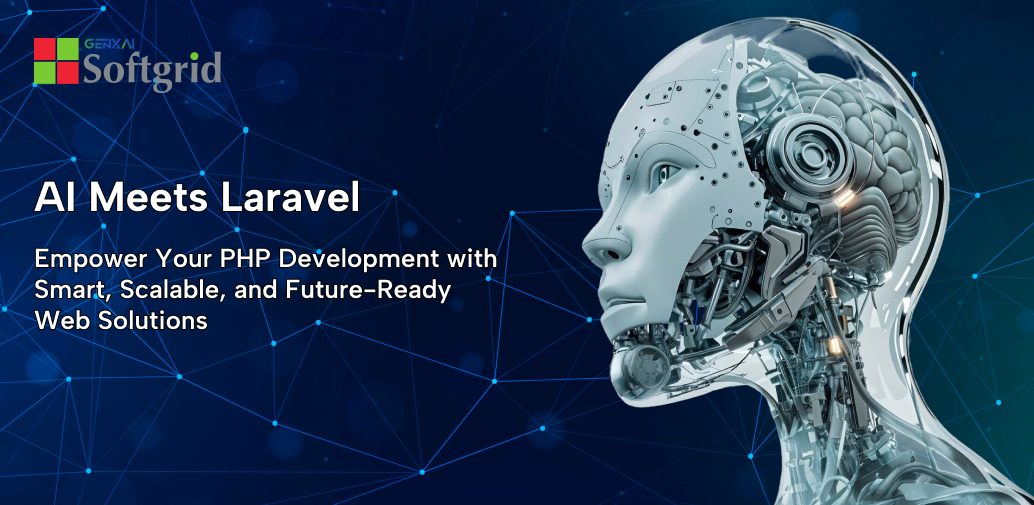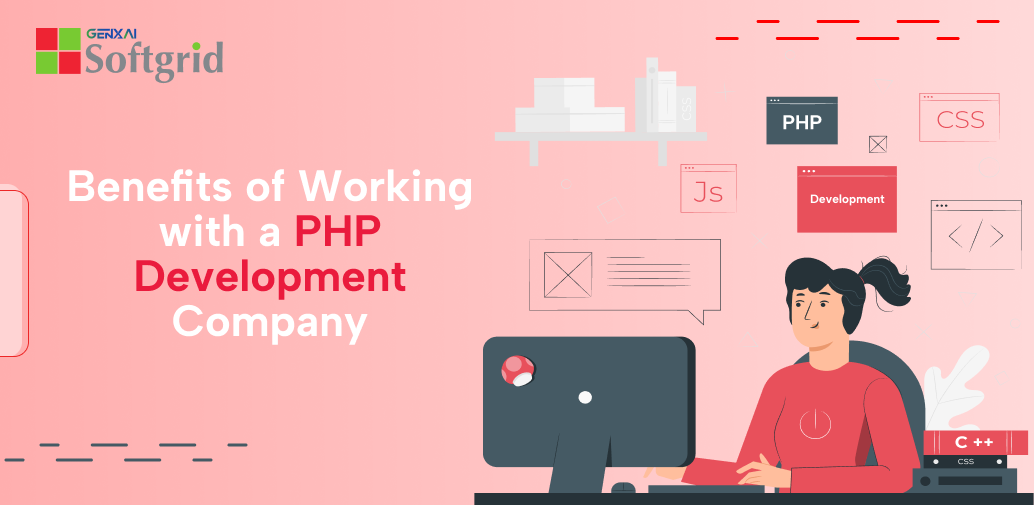I paused for a moment before I decided to stick to the word ‘uncertain’. The uncertainty that can come with online learning is not something that can be looked at, in isolation from the social, political, cultural landscape that it resides in. Yes, it is important to look at a generalized depiction, based on universal trends that can give us an idea of where the future of online learning is headed, but in order to understand the larger implications of such a shift, we would have to boil it down to a micro-level, in order to better understand its effects. But maybe, that is a little too far ahead. Right now, let us look at the perceived implications if such a change were to occur.
There are definitely several key benefits of online learning. There is definitely a valuable argument that suggests that online learning/online education can give people access to the kinds of education that their circumstances, arising from their social reality, did not permit them to have. Online education can give access to subjects like AI, Coding, and other such subjects, to people living in different areas of the world. There is no doubt to the fact that such an opportunity has the potential to create a level-playing field for people belonging to different backgrounds, coming from different cultural identities.
The benefits of online learning
Those in favor of online learning will often say that with a child’s increasing commitments, it has become necessary to create a virtual classroom. This virtual classroom can ensure that the child has the time to navigate through multiple commitments while enjoying the flexibility of online courses. This can essentially break cultural barriers, (as much breaking as the virtual world can do), as there will be students from across the globe, that would be participating in the courses.
It also means that the people who would be benefitting from an online education would be the people who would have multiple commitments, jobs to navigate through, and for children, it would mean preparing them for a world that is becoming heavily reliant on technology. Proponents of this type of learning would also suggest that it drastically brings down maintenance costs.
There are different educational systems that are advocating for the rise of online educational systems, as they feel that it gives the teacher and the student to decide the time and pace of the child’s learning. Moreover, the teacher and the child can go through the classes together, and the child can decide and can hierarchize the time that needs to be devoted to each of the courses/classes that the child might be interested in. The Bill Gates Foundation has concluded that a ‘blended education system’ is one that has scope for many opportunities and has also yielded better academic achievement, because of the balance between online and face-to-face learning.
This approach seems like a more balanced one, considering that there would need to be a careful study to be done of the parts of a curriculum that can be substituted, which parts need to be supplemented, and which parts of the curriculum can be supported by digital technology. When you are saying that online learning can supplement classroom teaching, then it is a different argument altogether. Digitizing certain aspects of the curriculum, the ‘commoditized’ parts of the curriculum that really do not require as much personalization as is being given in schools, would be a valuable addition to the existing school system. Automating this aspect of the curriculum can create a method of instruction that can be handed out to students across the world at very low cost without the drastic action of removing the physical experience of the classroom completely from the child’s learning experience. When you follow this approach, you are propagating for more research-based teaching, more free time for the teachers in order to focus on what they consider the more valuable aspects of the classroom, more meaningful discussion between students and teachers, group assignments, interactions, opening up a world of social networking and field-research based projects.
With the current stage that online learning is at, it is important to be aware of the different challenges and benefits that educational institutions are facing right now. This is a perfect opportunity for institutions to evaluate the efficacy of online delivery of learning. Which are the courses that are well-received, which are the courses that children are enrolling for more? Doing this now would put institutions in a position of power, where they ride the wave of digital technology, rather than run behind it or away from it.
Challenges and Realities of Distance Learning
Like any change that can potentially alter the fabric of our society, it is always important to consider the realities that exist today and how they will play a role in the way the future is shaped. Yes, it is true that online courses can give people more choices, but it is also those choices that can bring about a greater amount of disparity in the quality required for teaching methods, online resources, and student support. Someone could be applying for a specialist degree and might apply to a university with the needed accreditation; however, a student might have to tackle the uncertainty that comes with this choice.
Even though Online learning definitely creates more room for flexibility and the opportunity to create a more relaxed study and work schedules, there is the question of motivation that one will have to consider. There are many students who would actually prefer time spent with tutors and teachers and not prefer to spend them in isolation. Many online courses do offer face-time with peers and other students and teachers and also promote regular meet-ups.
There is also the question of ‘follow-through’ that can also speak about the current acceptance rate of this type of learning. A professor at a leading university, a staunch advocate of online learning, talks about the disproportionate balance between people who are enrolling for the courses and those who actually follow through with the entire course. When you remove personalized support from the system, there is a challenge of people getting demoralized with a technical hurdle that they might find difficult to get past.
This is the advantage that comes with a traditional schooling system. Another advantage of this system is the difficulty in replicating the model of competition that is so easily created within a physical setting. Procrastination can become a demoralizer if there is not that spirit of healthy competition that is propelling everyone forward. With the effects that online learning and exposure to social media already have on children at various developmental stages, introducing online learning in place of classroom learning can have an even more adverse effect on the attention span of the children. In classroom settings, the relationship between the teacher and the student and the presence of peers around can create an atmosphere of collaboration, competition, and greater individual and group discovery. The screen behind which we are sitting can become a huge barrier in the way that we develop our communication.
Conclusion and Personal Take on the Subject
There is also the question of mental health that cannot be excluded out of the debate, as this type of distancing can create a culture where human contact is not common, especially for children at different stages of development, for whom, human contact is almost a necessity in their holistic growth. By taking them away from this basic human instinct, we need to be careful about the message that we are sending out as a society and will need to be scrutinized even more so, by educators worldwide. How that will affect a child’s growing mental faculties and re-wire their intellectual tendencies, is something that will come out of the evaluation of this experimentation? The question that educators will need to ask themselves, is whether this experiment would be worth it?
In my personal opinion, there can be no substitute for human contact, there is definitely a recognizable need to educate more people and online classes, and online learning can at the most be looked at as a supplement, rather than a substitute. The teacher-student archetype is perhaps the oldest archetypes known to human-kind and by replacing the system that has been borne out of that archetype, we will need to look at our evolution with a lot more keenness and carefully consider the long-lasting implications of any model that could potentially threaten such a primal need. In my view, before we consider debating the benefits and challenges of such a model, it could be important to create a larger pool of expertise, who would be qualified to debate in the social-political-evolutionary-cultural ramifications of such a change.
Right now, the current situation has forced us to evaluate our choices and look for alternatives, but once we step out of this situation, it would be even more important to consider the next steps in our future, so as to create a balanced world, one that understands the benefits of technology, but not at the cost of uprooting our primary instincts, deeply embedded in our consciousness.

 Web and Full Stack
Web and Full Stack CMS and Frameworks
CMS and Frameworks Online Marketing
Online Marketing Cloud Services
Cloud Services ECommerce
ECommerce Mobile
Mobile



